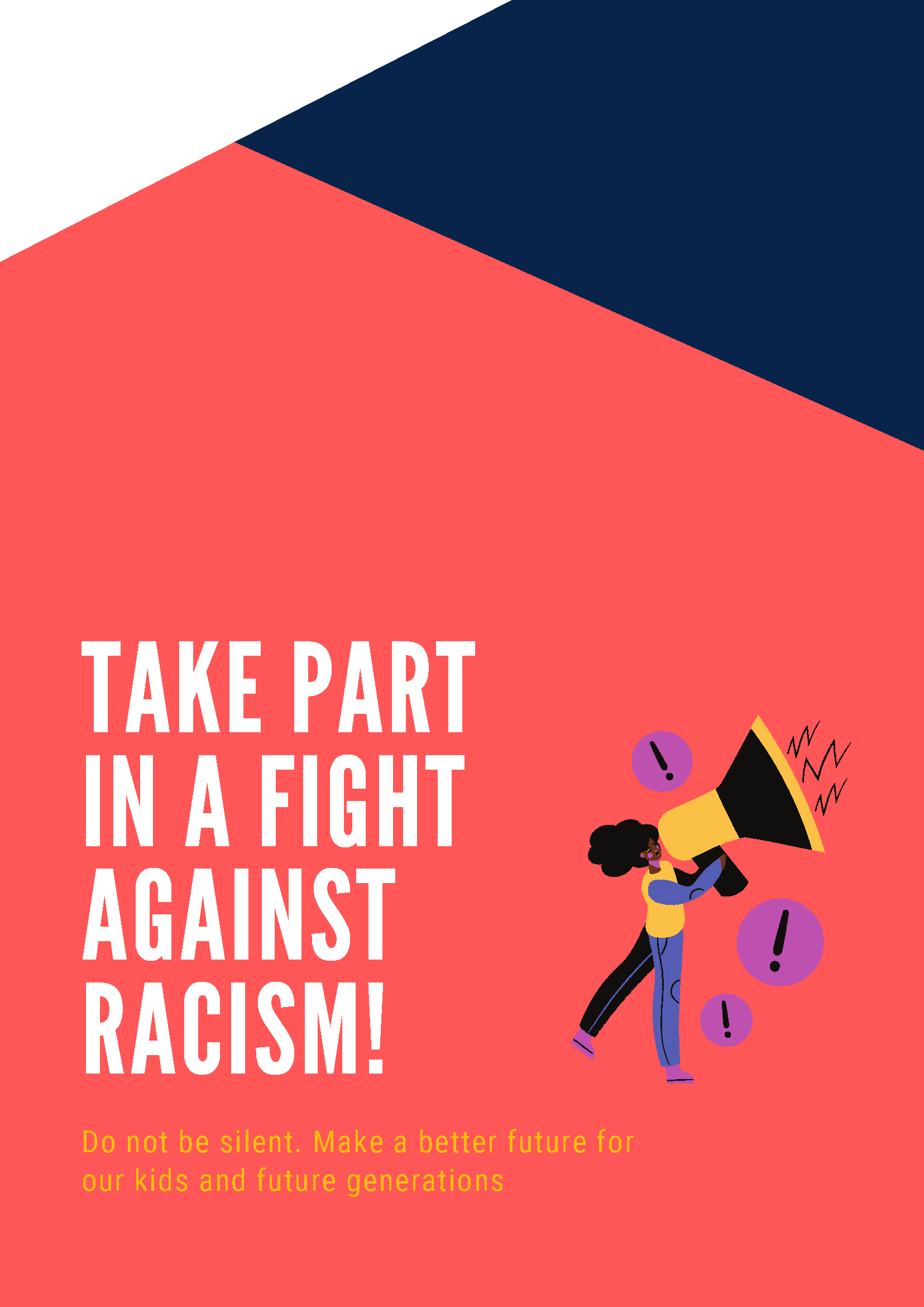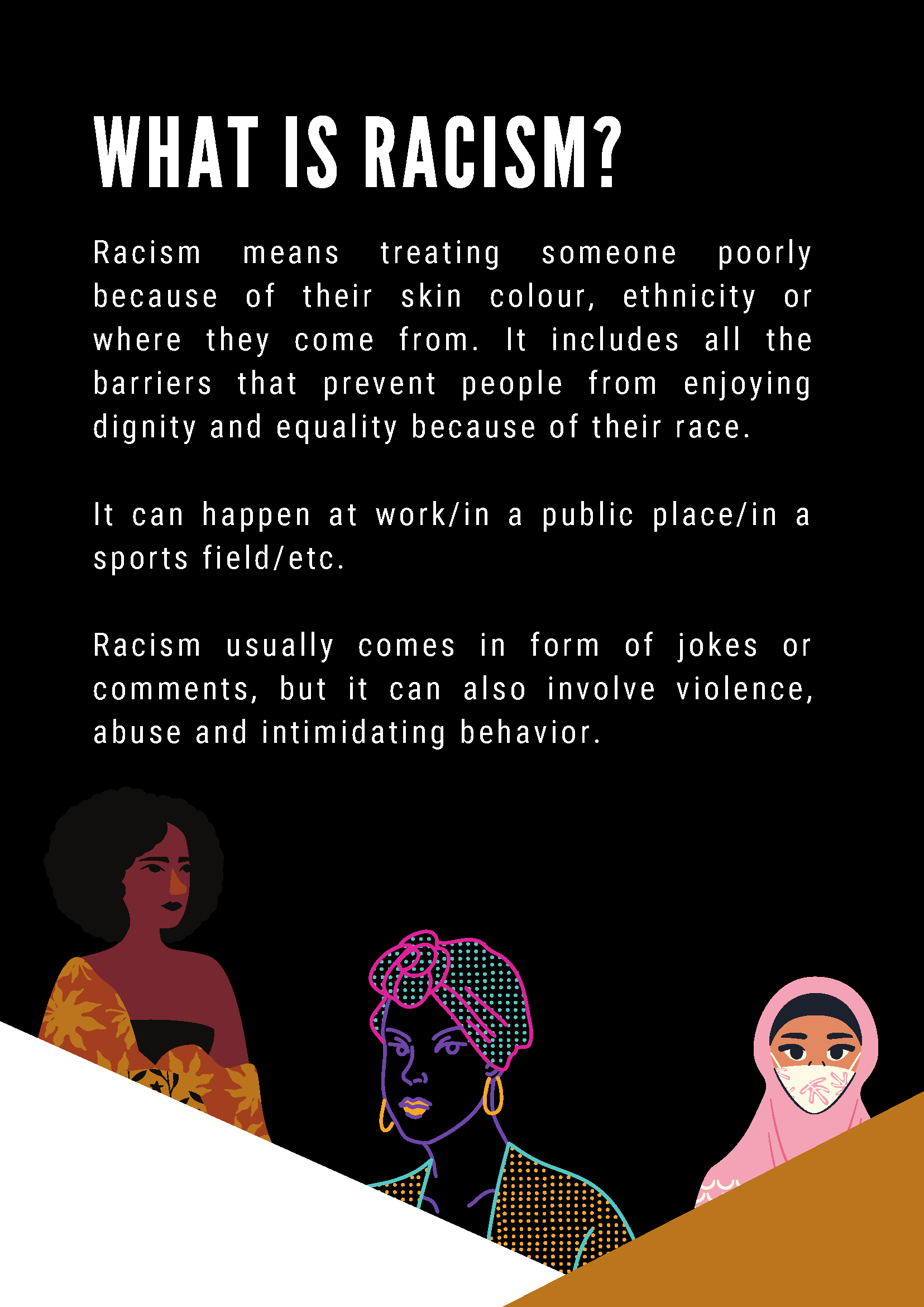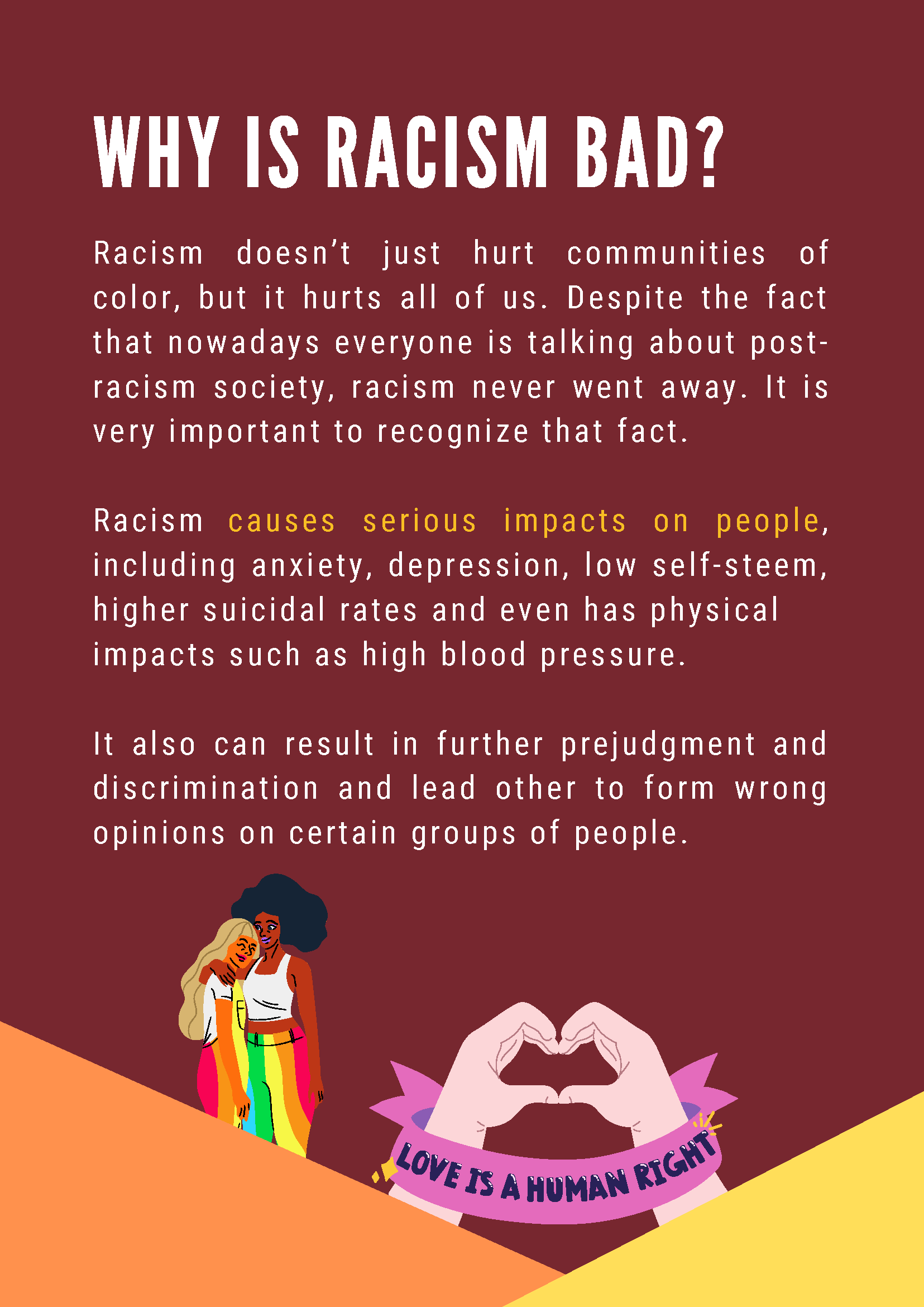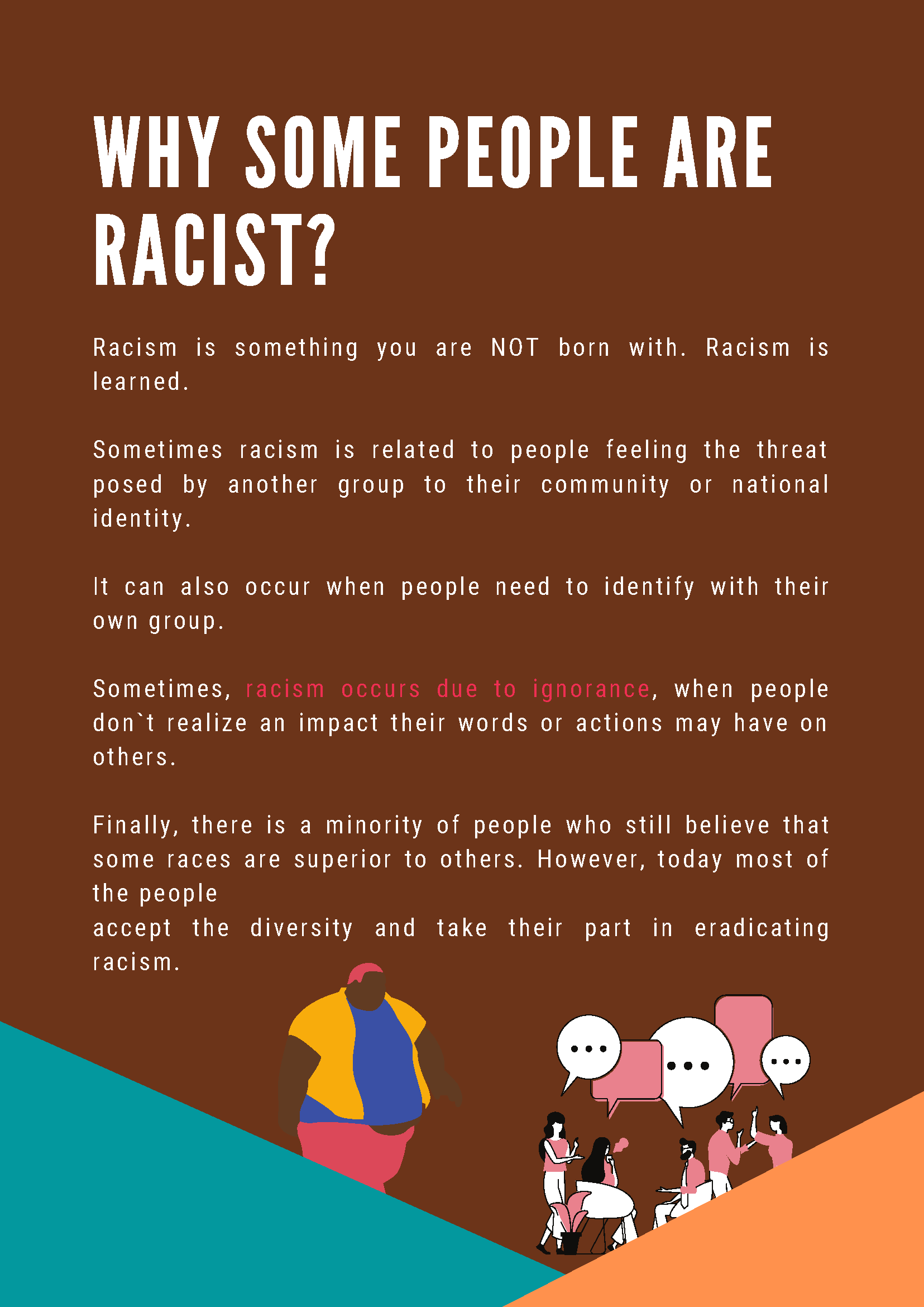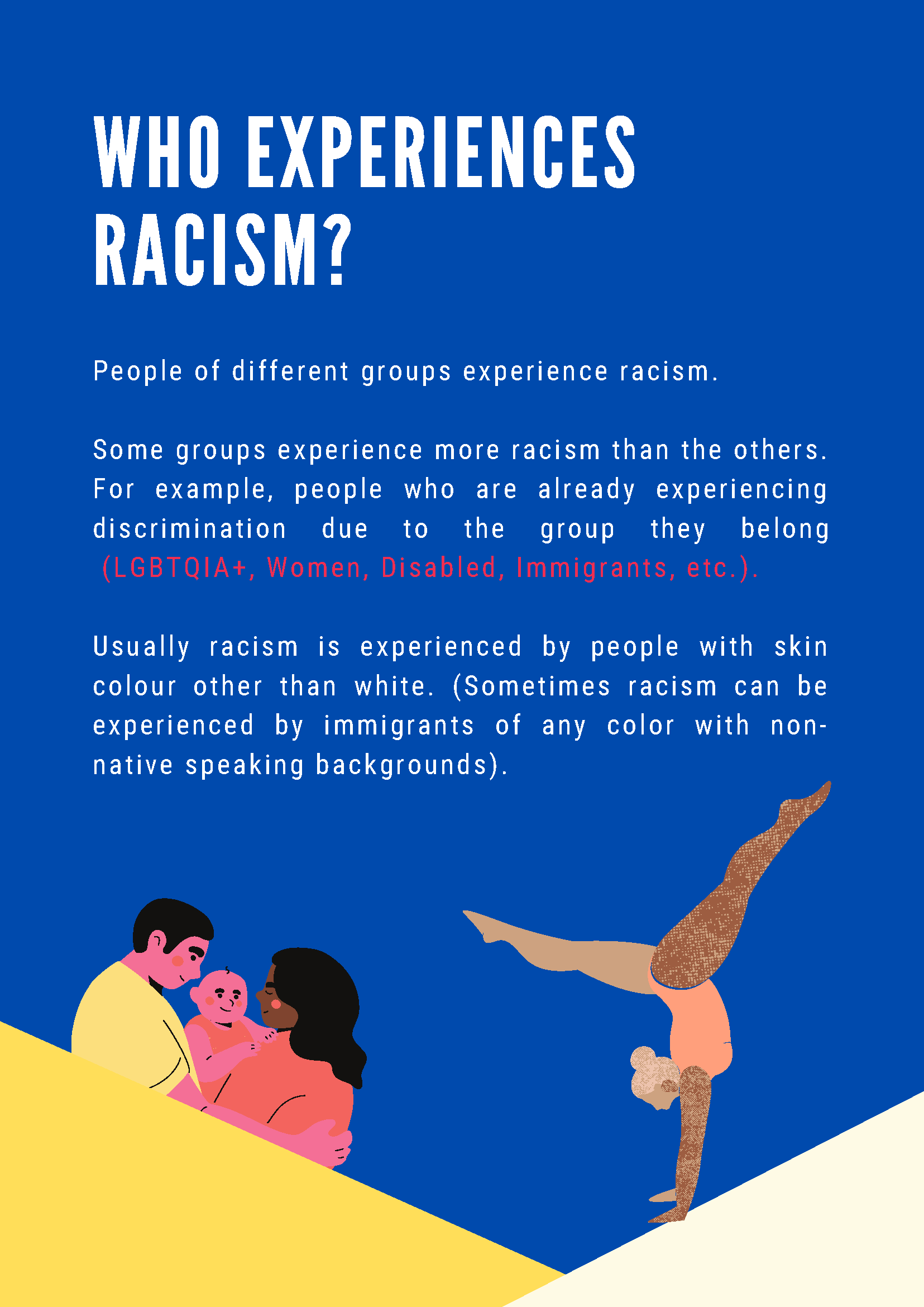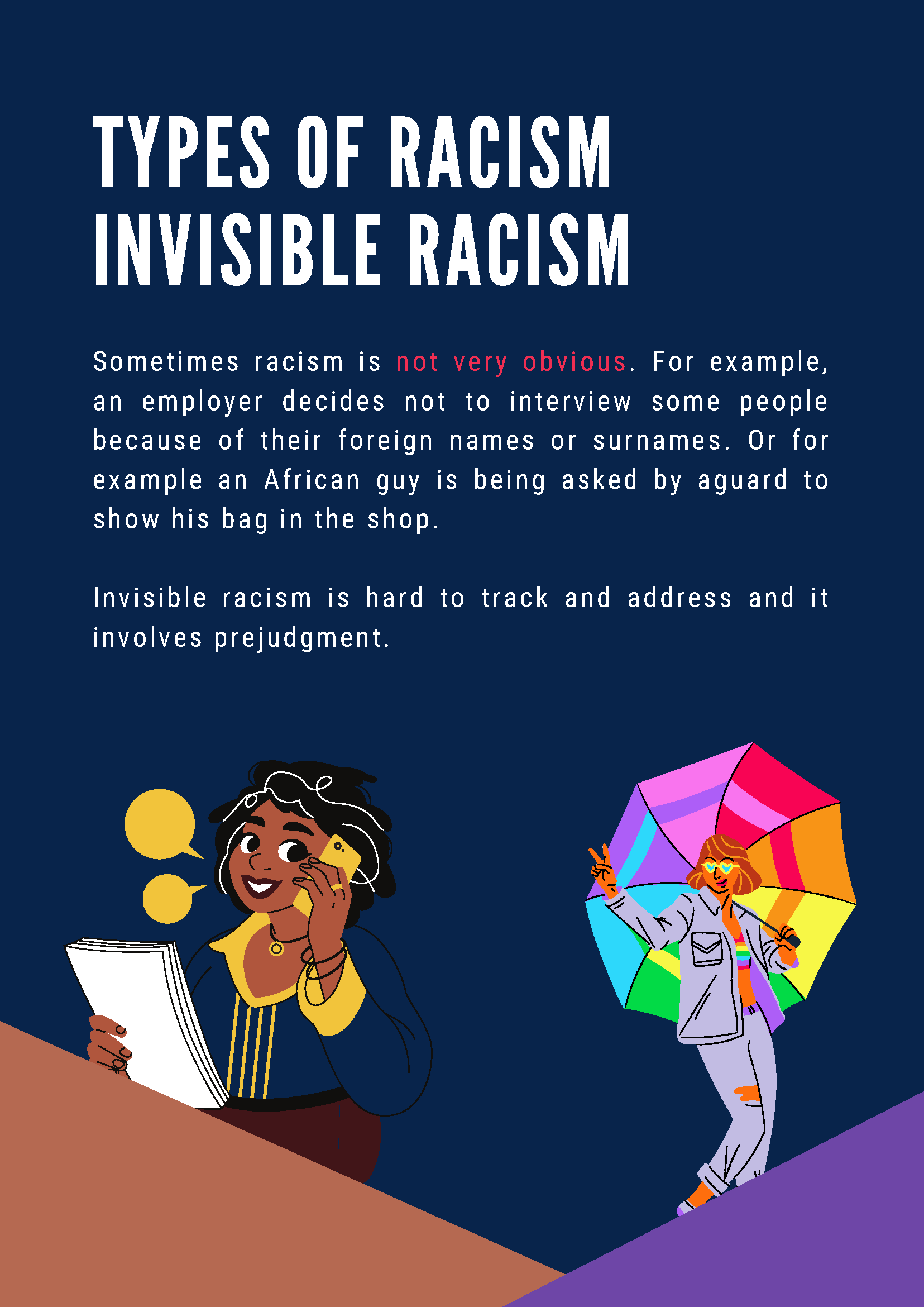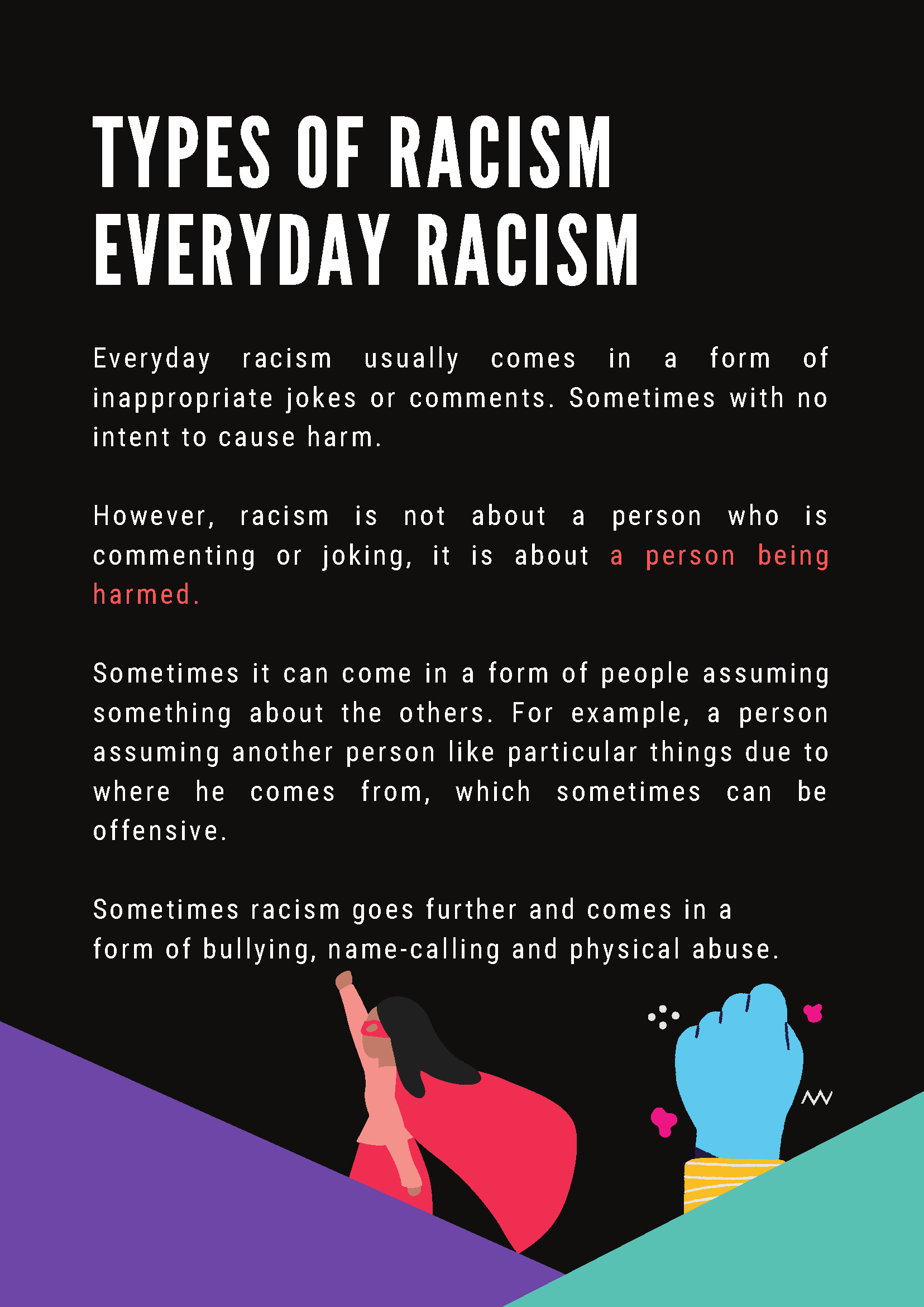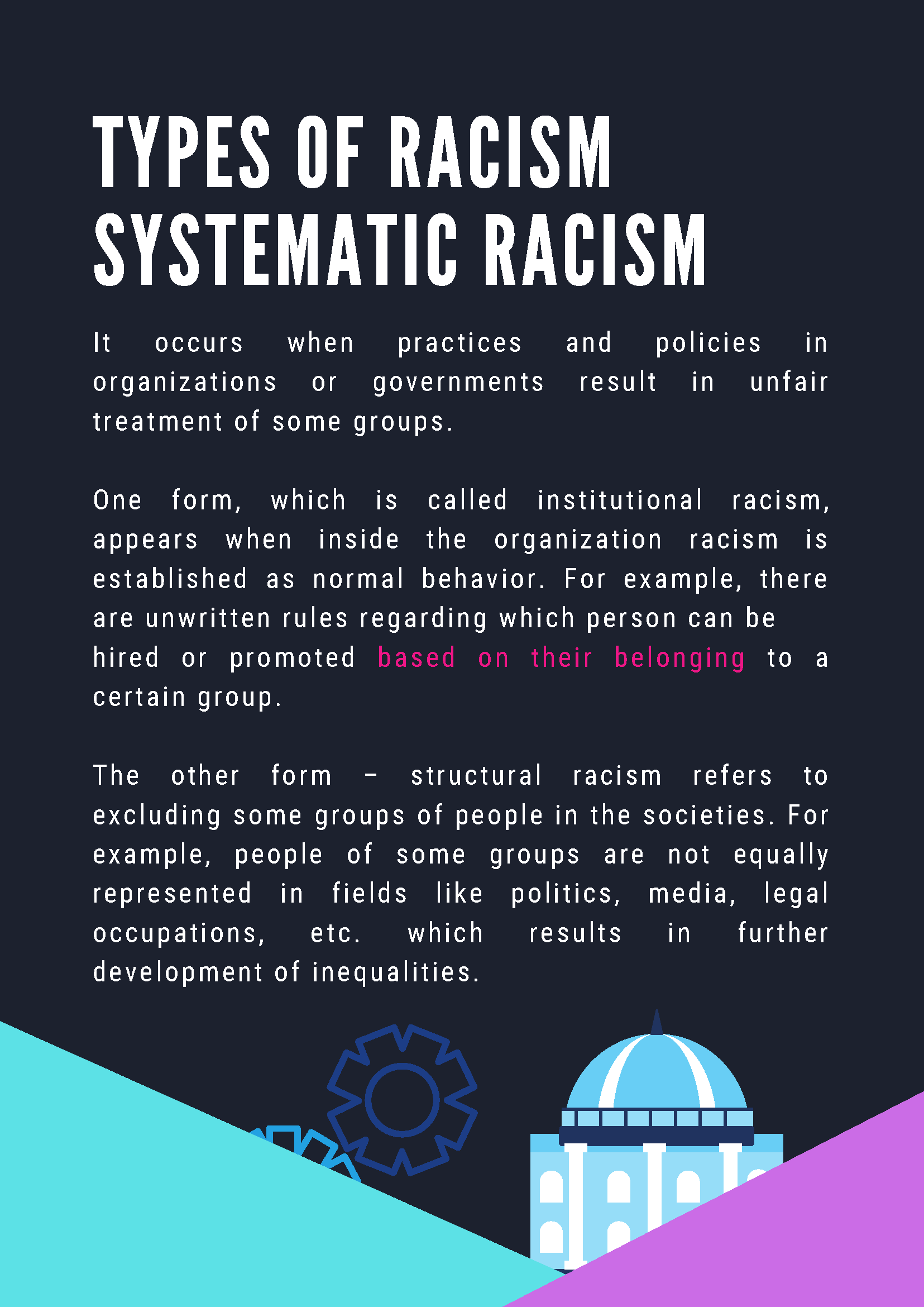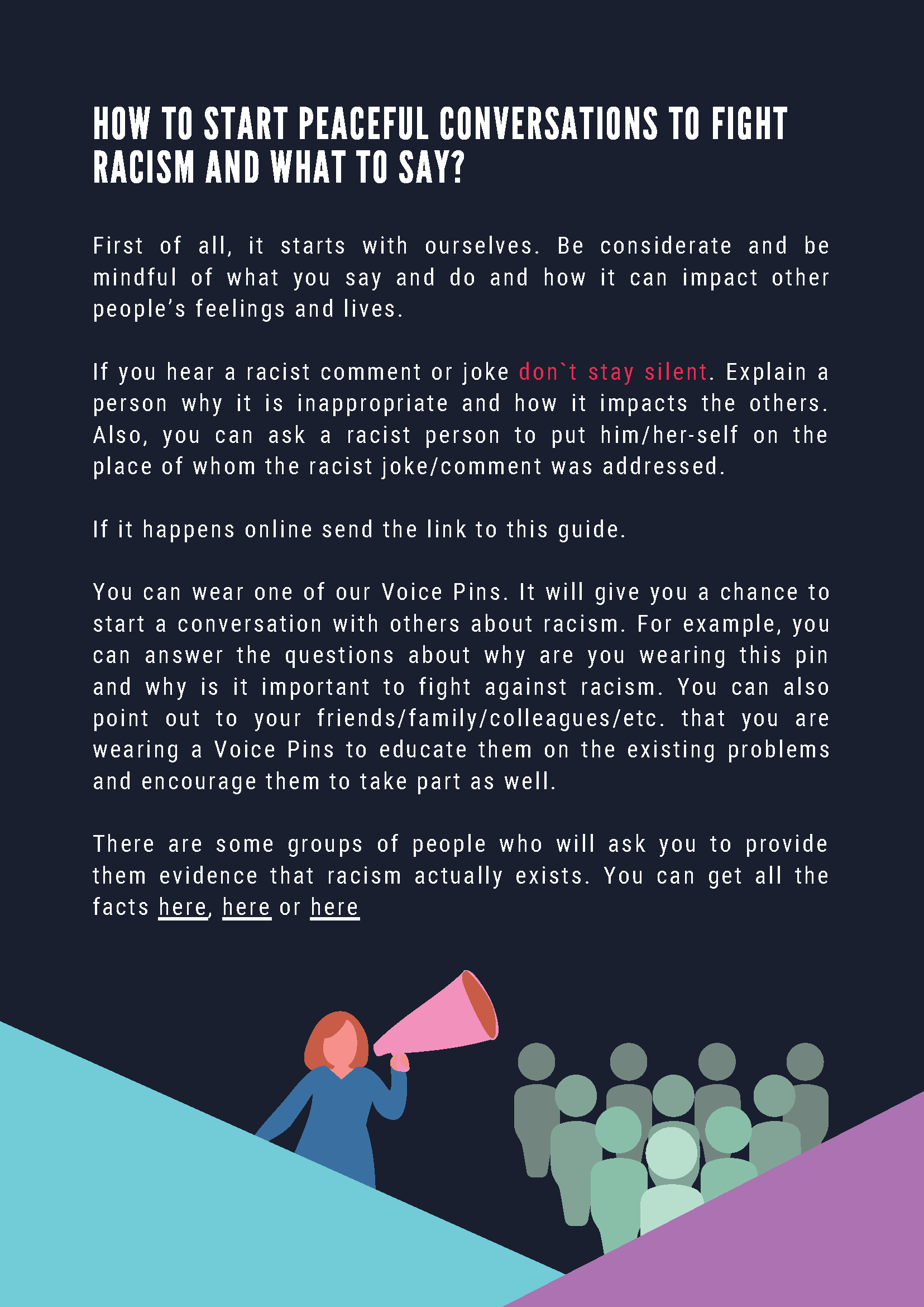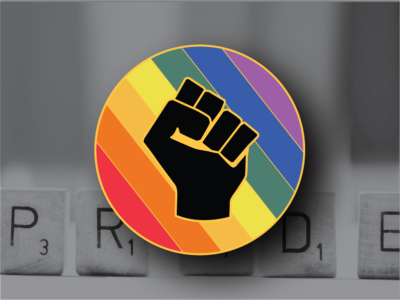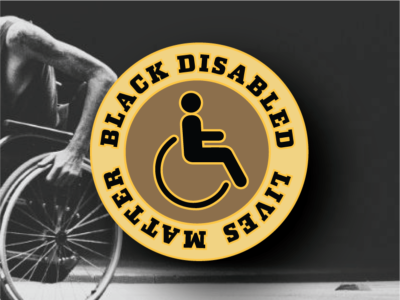Until all the people get the right education on racism there will be no peace.
But how to achieve that? Take part and be an educator! Wear one of the voice pins and encourage peaceful conversations with your friends and relatives and explain why is it important to deeply understand the problem and take action in order to make Black people’s lives better today.
How to educate? We have developed a free guide on how to start peaceful conversations and which facts people should know in order to help eradicate racism worldwide.
Download the guide to share it further and view it below.
Wear a pin – Educate others!
Voice Pins are designed to educate people and spread awareness of problems in modern society.
Our pins are perfect peaceful conversation starters.
Be Seen. Be Heard. Be Noticed.

